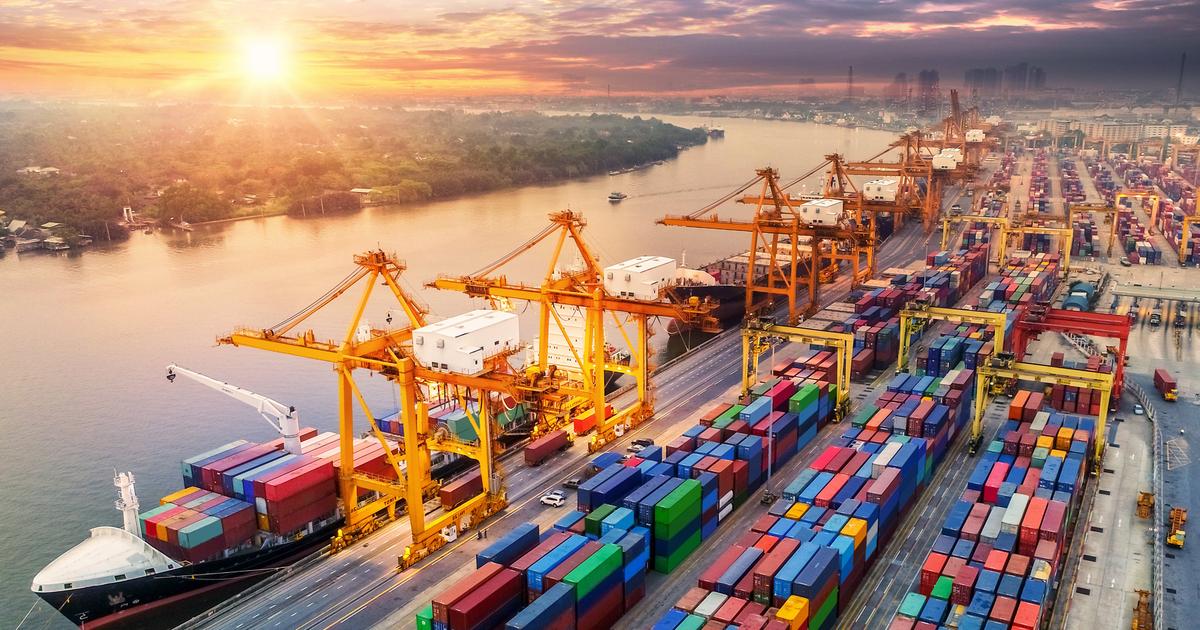At the heart of Africa’s export transformation is the urgent need to build regional value chains that support industrialization, reduce external dependency, and unlock inclusive growth. This theme dominated discussions at the 2025 Intra-African Trade Fair (IATF) and was further reinforced at the Africa Business Forum 2025, where subnational governments and industry leaders showcased innovative strategies for activating regional trade corridors and processing hubs.
Afreximbank’s Role and Strategic Tools
The African Export–Import Bank (Afreximbank) continues to play a pivotal role in financing and facilitating export-oriented industrial growth. Through its African Trade Report 2025, the bank highlighted a steady increase in processed goods exports—particularly in agro-processing, textiles, automotive components, and pharmaceuticals.
These gains are supported by:
• Trade Facilitation Tools: Including harmonized customs protocols and digital platforms that reduce border delays and improve transparency.
• Export Development Programs: Offering technical assistance, market intelligence, and capacity-building for small and medium-sized enterprises (SMEs).
• AfCFTA Adjustment Fund: Designed to help businesses transition smoothly under the new trade rules, especially in sectors facing tariff liberalization.
Subnational Governments as Value Chain Enablers
A key insight from the Africa Business Forum was the role of subnational governments—states, provinces, and municipalities—in driving localized industrial development. For example, Oyo State in Nigeria has launched a Special Agro-Industrial Processing Zone in Awe, integrating crop production, livestock farming, irrigation, and agro-processing into a single ecosystem. This model has attracted significant private investment and is being replicated in other regions.
Governors and regional leaders emphasized the importance of:
• Public-Private Partnerships (PPPs): To finance infrastructure such as logistics hubs, cold storage facilities, and industrial parks.
• Inclusive Policy Frameworks: That support youth employment, gender equity, and community-based enterprises.
• Digital Infrastructure: To enable e-commerce, supply chain tracking, and access to export markets.
Regional Integration and Global Value Chains
The African Economic Research Consortium (AERC) noted that while Africa’s share in global value chains remains modest, regional value chains (RVCs) are gaining traction as a foundation for industrial diversification. The AfCFTA’s alignment with eight Regional Economic Communities (RECs) is facilitating cross-border collaboration in sectors like agribusiness, energy, and manufacturing.
However, challenges persist. Many African countries still export raw materials with minimal value addition, and fragmented regulations across borders hinder seamless trade. Leaders called for harmonized standards, investment in transport corridors, and coordinated industrial policies to overcome these barriers.
Sectoral Highlights
• Agro-Processing: Countries like Kenya and Ghana are scaling up cassava, cocoa, and dairy processing for regional and global markets.
• Automotive Assembly: South Africa and Morocco are leading in vehicle exports, with emerging hubs in Ethiopia and Rwanda.
• Pharmaceuticals: Egypt and Nigeria are expanding local drug manufacturing to reduce import dependency and boost health security.



